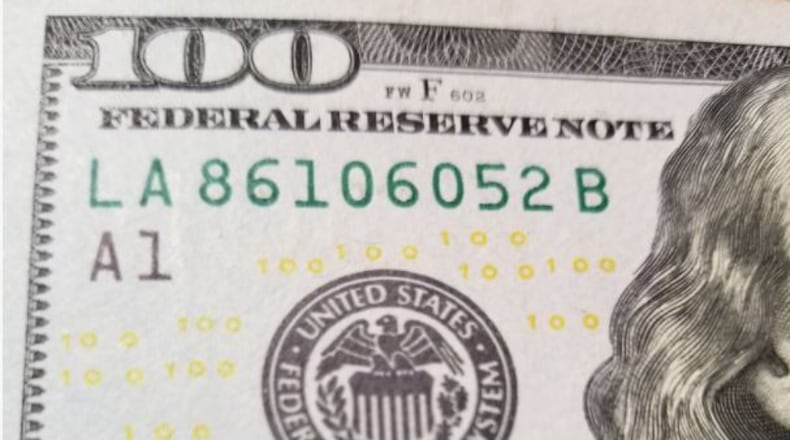A week after the feds announced the largest budget deficit in February in six years, the national debt edged over $21 trillion for the first time ever on Monday, as budget experts argue the U.S. is on a track that will likely again feature yearly deficits of $1 trillion, a level reached only during the Obama Administration.
"This is unsustainable," said Rep. Justin Amash (R-MI).
The $21 trillion debt milestone was hit as lawmakers in Congress were trying to place the finishing touches on a giant Omnibus funding bill which will increase deficits by well over $100 billion in 2018, because of extra spending approved for both domestic and defense accounts.
Even before that, budget watchdogs were warning of a new tide of red ink in the Trump Administration.
"Thanks to the recent budget-busting tax cuts and spending deal, the national debt is skyrocketing and on an unsustainable course," said Maya MacGuineas, head of the Committee for a Responsible Federal Budget.
The February budget numbers had two main reasons why the monthly deficit jumped to $215 billion - up from $192 billion in 2017 - less revenue coming in to Uncle Sam, and more spending.
Tax revenues were $155 billion in February, down from $171 billion a year ago.
While deficits are heading back up, there's no hint of action in the Congress on any plan to restrain spending, though only a handful GOP lawmakers publicly grumbled about the situation, as they waited to see what exactly was in the Omnibus.
But the Omnibus has become almost a normal spending tool for Congress, unable to get through the dozen yearly spending bills on time.
For the current 2018 Fiscal Year, lawmakers were supposed to have finished 12 funding measures by October 1 of last year - but that spending work has only been completed on time in four of the last 43 years - one reason there are calls to overhaul the system.
About the Author
The Latest
Featured



